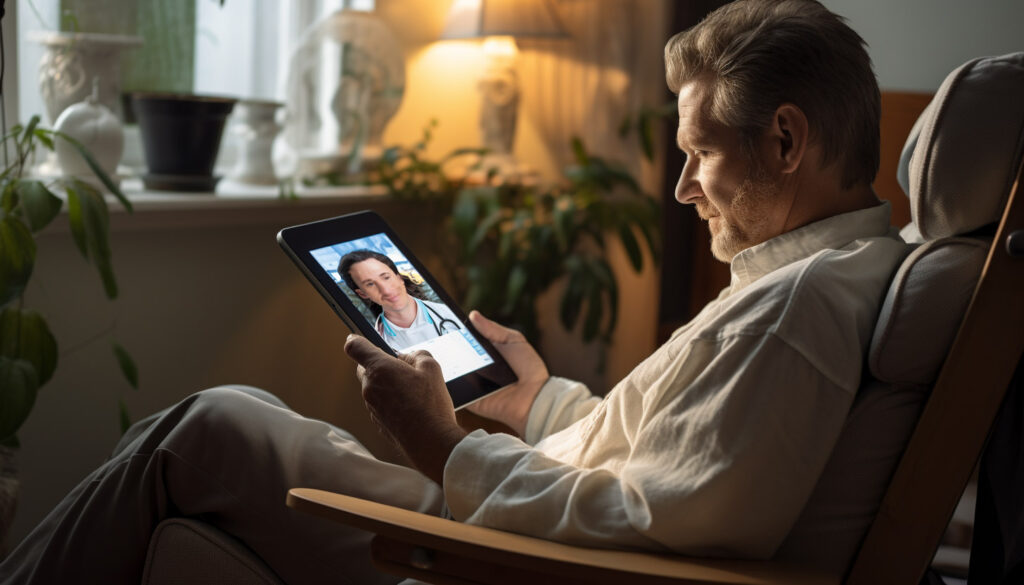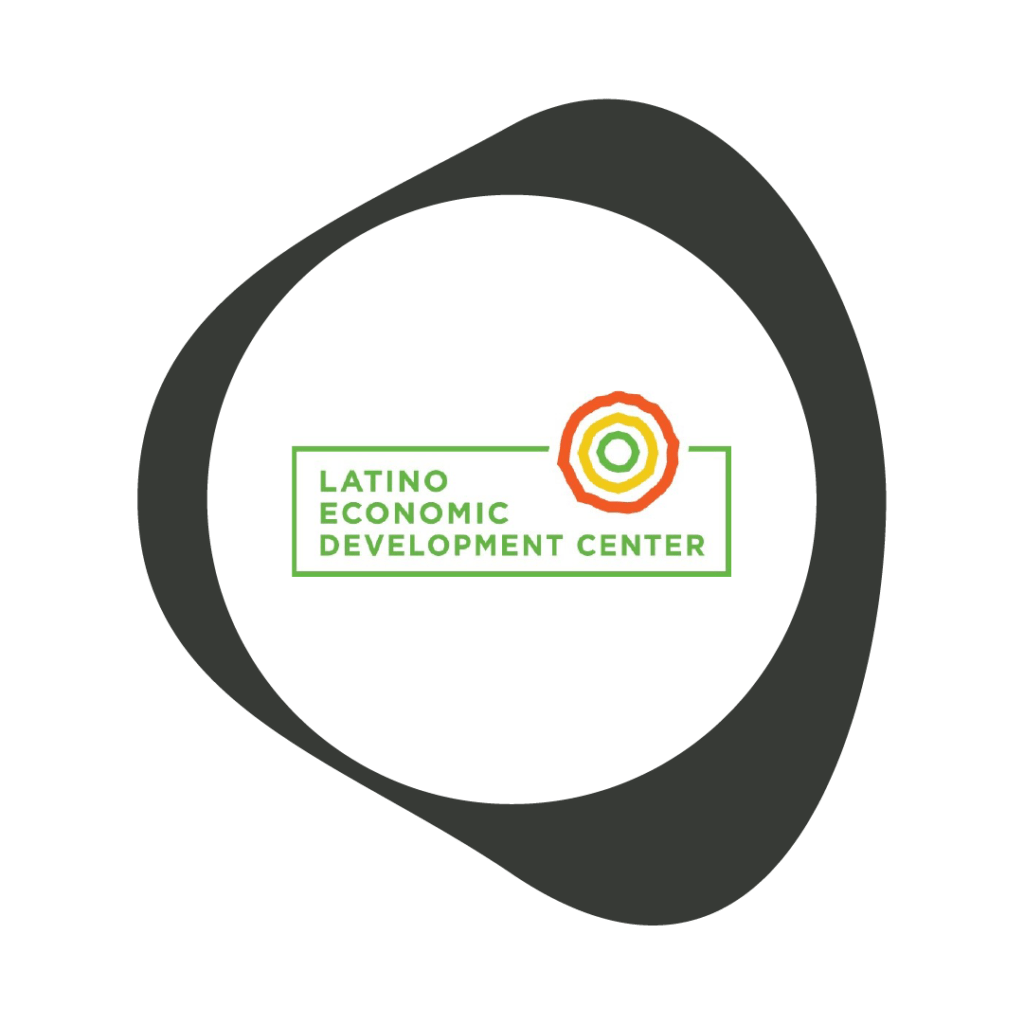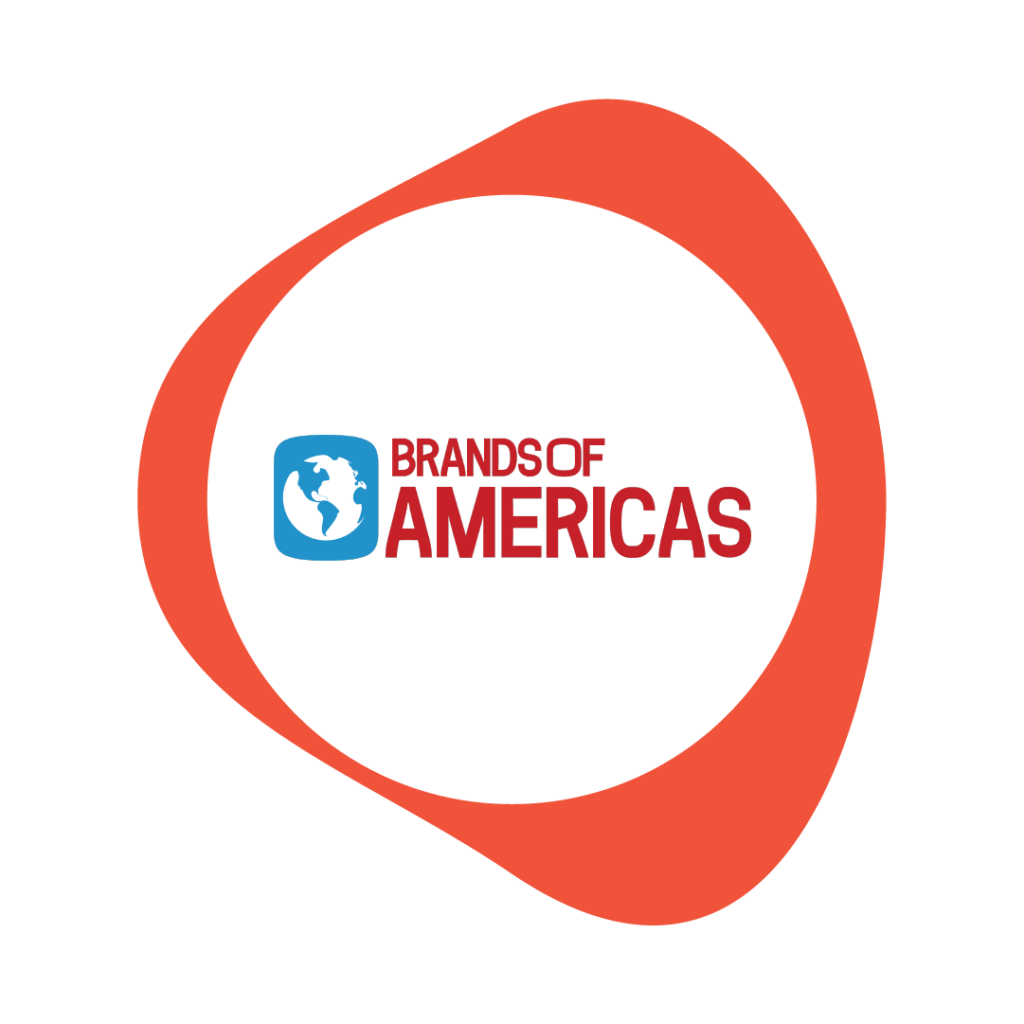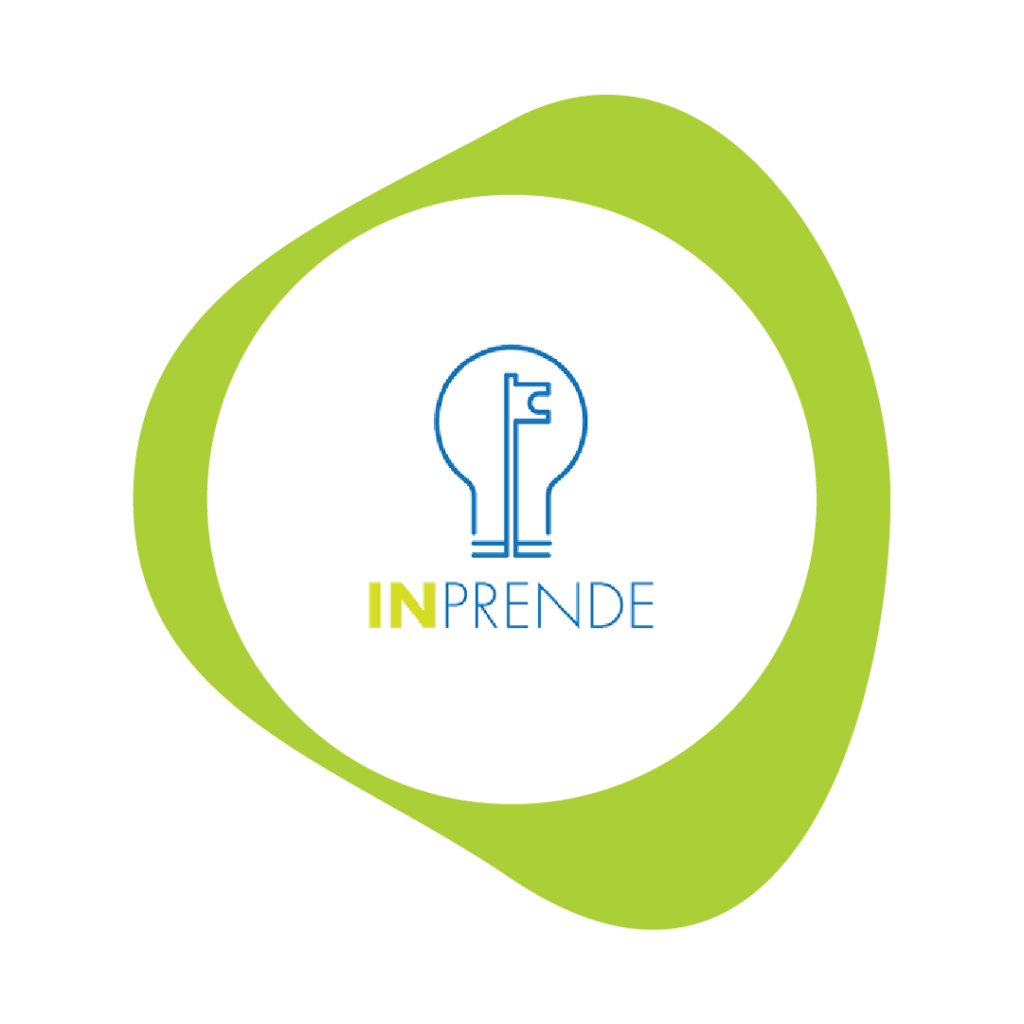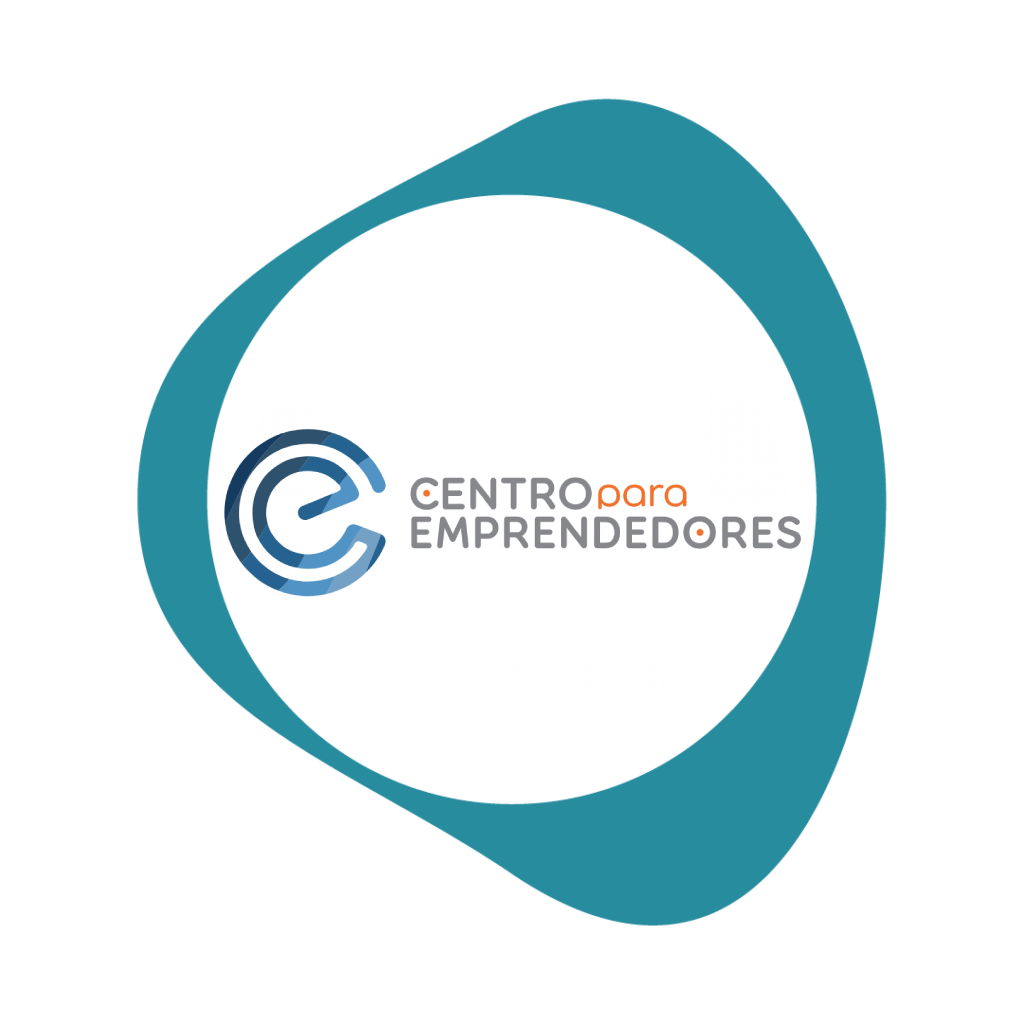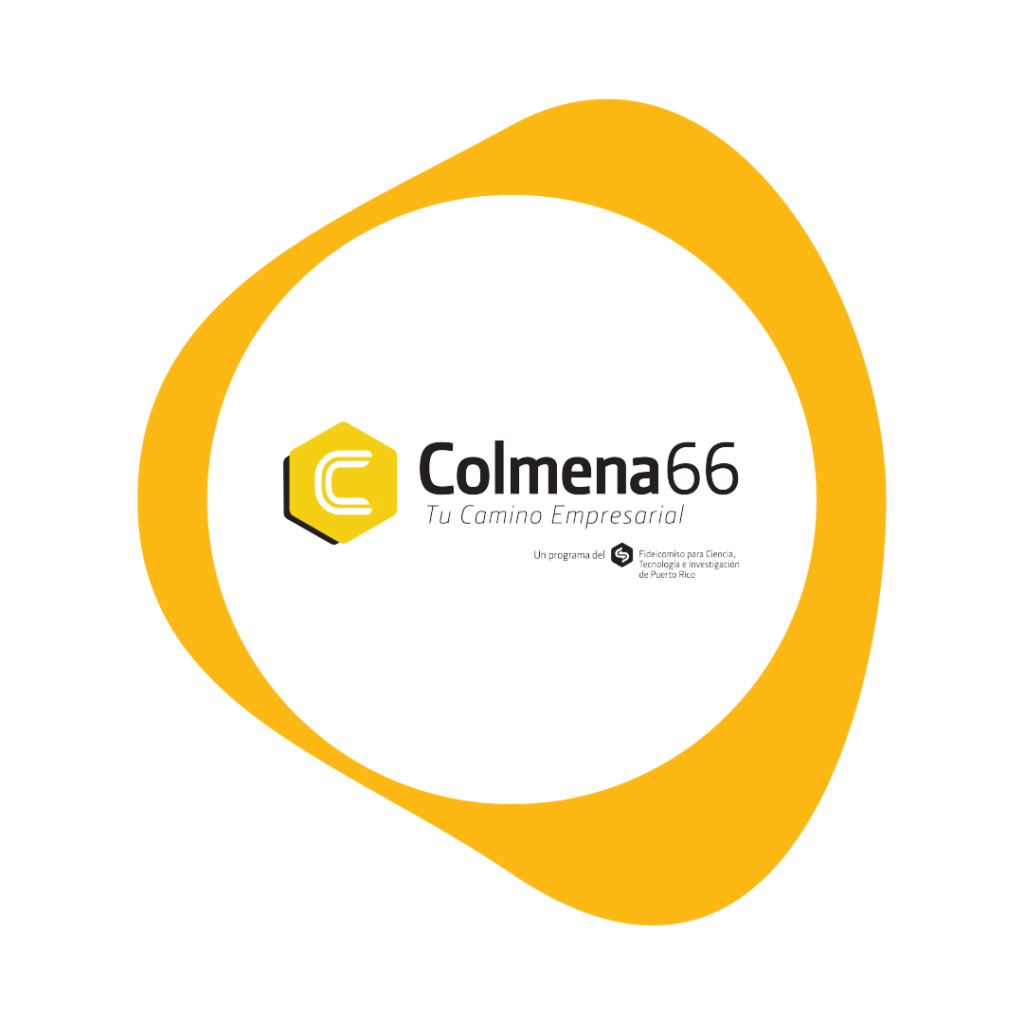it's great to meet you
Foundation for Puerto Rico (FPR) is a 501(c)(3) nonprofit that seeks to unleash Puerto Rico’s potential in the global economy so more people can live, visit, work, and invest in our beautiful island. Our targeted economic development and resilience programs work hand in hand with our community partners, providing resources, training, funding, and networks that improve the local economy from within.
We go from knowledge to action, combining innovative, data-driven thinking with strong field-based work. We’ve supported more than 2,000 small businesses and collaborated with over 1,000 local and national NGOs. Our mission control runs out of El Colaboratorio in the heart of Santurce, a space designed to foster collaboration, share new ideas, and create synergies among other NGOs—all united by the goal of transforming Puerto Rico.
Our motto, “there is no future in rebuilding the past,” reflects our transformative vision and dream for the future of our island: a prosperous Puerto Rico that unleashes its people’s talent, creativity, and passion.
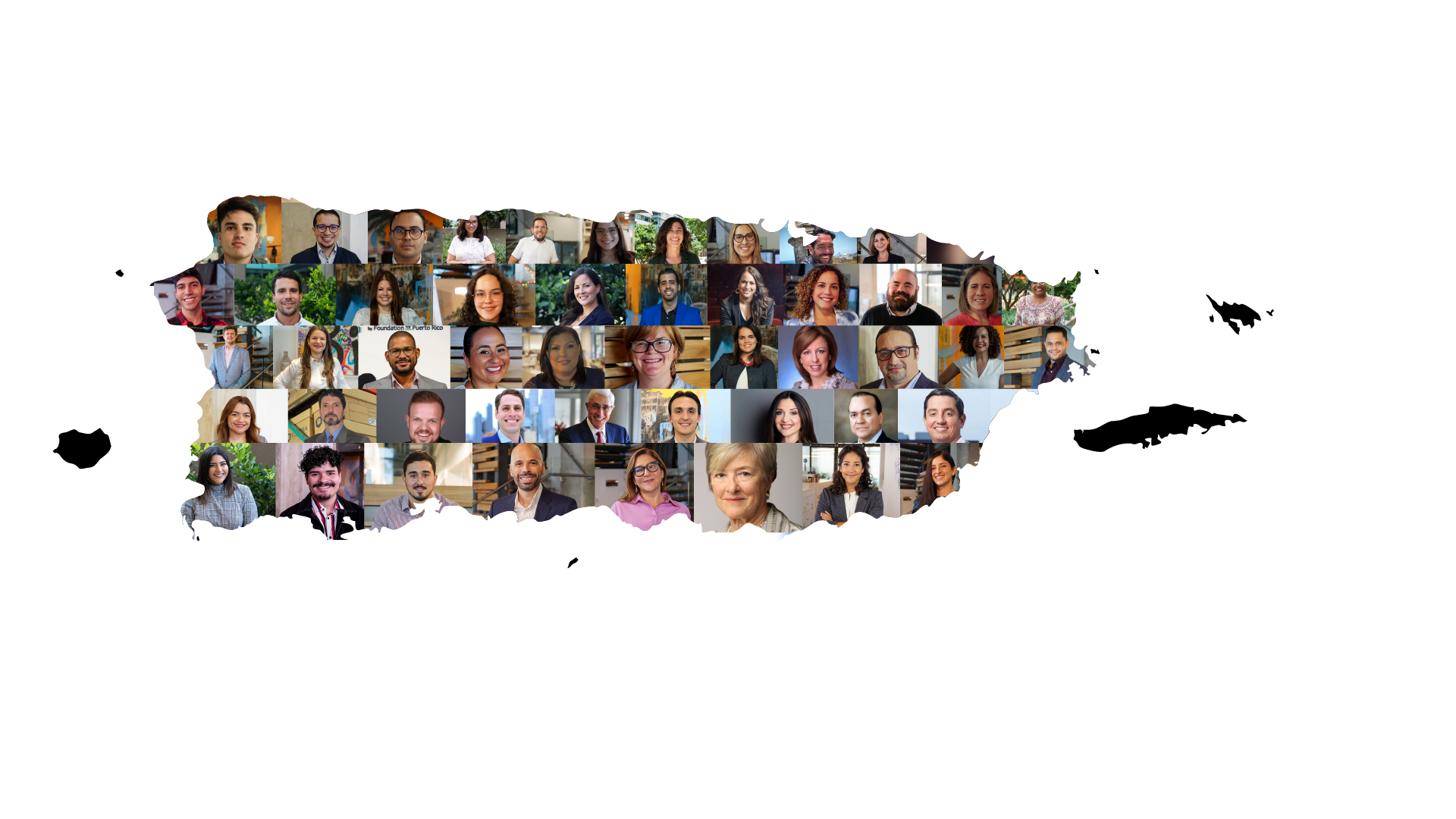
We have a first-class team of talented, passionate, and dedicated changemakers who work together for a better Puerto Rico, along with our network of partners, sponsors, and in-kind volunteers.
Our collaborative approach to problem-solving has made us a trusted and reliable partner and recipient of several prestigious federal and public grants from entities such as the USDA Rural Development Agency, the US Economic Development Agency, the Kauffman Foundation, and the Department of Housing and Urban Development. Support from these partners allows us to operate our programs with the highest compliance standards.
our Mission
Transforming Puerto Rico’s economy to be thriving and sustainable.
our Vision
A prosperous Puerto Rico that unleashes the talent, creativity, and passion of its people.
With help from people like you, we can change the strategic direction of Puerto Rico’s socioeconomic development, revitalize our most treasured assets, and change lives in the process.
A better future for Puerto Rico is in our hands. Here’s how we plan to drive impact to benefit our most underserved communities:

A prosperous Puerto Rico requires a bold and innovative approach that follows many pathways. For the past decade, we’ve been working to build a strong foundation of support for this approach, engaging and partnering with stakeholders across Puerto Rico, from government to business to academia to communities. Our strong community presence across the island and our game-changing programmatic interventions have allowed us to move from the grassroots to the grass-tops while our collaborative approach with leaders and policymakers – from San Juan to D.C. – has helped scale up our impact to transform Puerto Rico’s socio-economic development.
From the inside out, we accelerate transformation through innovation, collaboration, and action so Puerto Ricans can own their future and thrive. The three areas where we are driving transformational impact include Visitor Economy & Community Empowerment, Resiliency & Infrastructure, and Thought Leadership and Knowledge Intermediation.
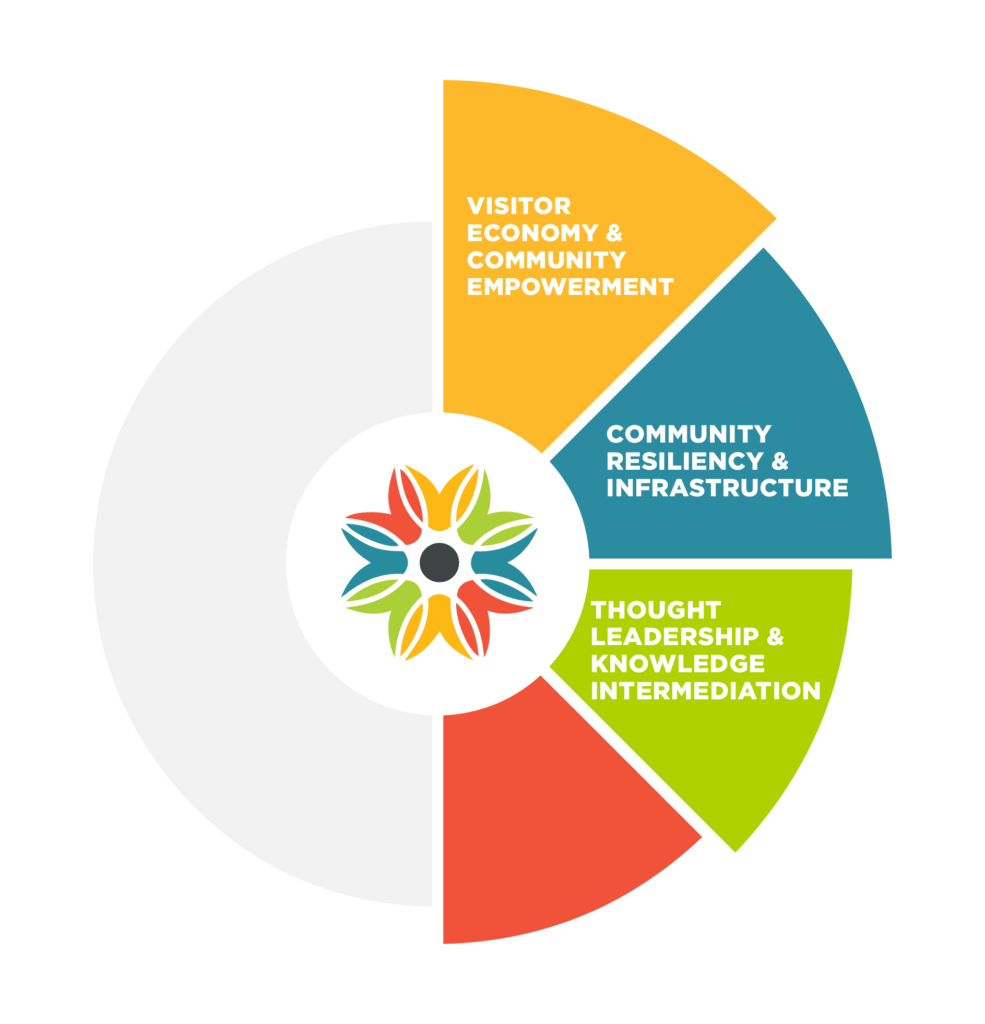
Our core principles include

Transformational Impact Through Innovation
Puerto Rico’s future success depends on innovative thinking that connects the dots, accelerates growth, and creates tangible benefits for all.

The Power of Ideas
Ideas have unlimited power: We need to find promising ideas, wherever they lie. We need to identify and understand the potential for our progress embodied within them. We then need the determination to test, challenge, champion, and nurture them so that potential can be realized.

Courage to Challenge the Status Quo
We must dare to examine existing paradigms that impede progress and develop bold, transformative paths forward to success and prosperity.
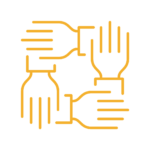
Community and Collaboration
Collaborations that yield strong connections and a sense of belonging will lead to lasting solutions that help our communities flourish.
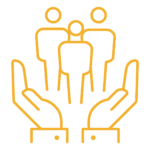
Empowering people
Each individual has unlimited potential and can contribute something unique that can help make our island and its communities better.
FOUNDATION FOR PUERTO RICO:
A BRIEF HISTORY
Our
TEAM
Patsy Ramírez-Arroyo
Javier De Jesús Martínez
Sally Everson
Alejandra Bonilla
Andrea Estrella
Beatriz Colón
Hagmel Vega Fontánez
Jaikiz Chaparro
Janice Lebrón
Javier Román
John Castro
JOHN BRIAN VÉLEZ
Natalia Negron
Nayshla López
Odalys Rivera
Omar Ramos Izquierdo
Rebecca De Jesús
Ricardo Costa
Ricardo Rivera
Shatsei Rodriguez
Vianca Morales
Yenesis Vélez
THE
BOARD
Alexander Borschow
Managing Partner at Semillero Ventures
Jesús Ricky López
Juan Antonio Ramos
CFO & Strategic Planning Director at Best Option Healthcare
Ramón Mellado
President at Electra Corporation
Ronald Castro
Principal & Chief Strategist at Roca Marketing
Dr. Rafael Bras
WANT TO BE
A CHANGEMAKER?
Want to work with people help
to transform Puerto Rico?
Here’s your chance:
